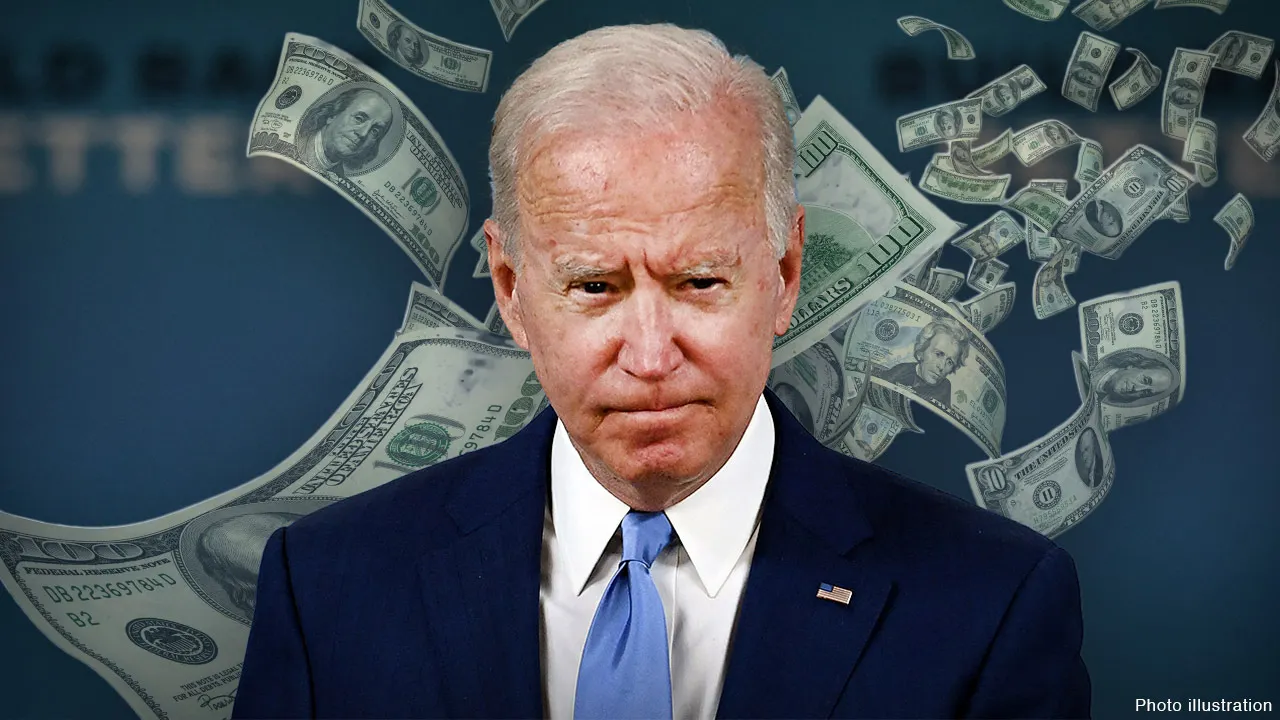The U.S. government is exploring new policies to limit foreign investments in artificial intelligence (AI) technologies to safeguard national security and maintain technological leadership
In recent developments, the United States government has signaled a clear intent to curtail foreign investments in artificial intelligence (AI) technologies, a move that could significantly reshape the global AI landscape. The proposal stems from growing concerns over national security risks, the protection of critical technologies, and maintaining the U.S.'s competitive edge in the global technology race.
The world is increasingly dependent on artificial intelligence for a variety of purposes—ranging from advanced military systems and cybersecurity solutions to autonomous vehicles and predictive healthcare tools. As the technology continues to evolve at an exponential pace, AI has become a cornerstone of national security, economic power, and geopolitical influence. The U.S. government, recognizing the strategic importance of AI, is now focused on minimizing foreign influence over the sector. In particular, the concern is centered around the rise of foreign investments, especially from countries that could pose national security risks, like China.
National Security Concerns
AI's rapid development has given rise to significant concerns regarding its military applications. AI technologies are increasingly being used in autonomous weapons systems, surveillance, and cyber warfare tools, making them a key component of modern defense strategies. Foreign access to U.S.-developed AI technologies could potentially provide adversarial nations with critical advantages in these domains. As such, the U.S. government has taken steps to safeguard its technological advancements by limiting foreign involvement.
The Committee on Foreign Investment in the United States (CFIUS), which is tasked with reviewing foreign investments in U.S. businesses for national security concerns, has been at the forefront of evaluating the risks posed by foreign capital in the AI sector. CFIUS’s primary goal is to ensure that foreign acquisitions or investments do not result in the loss of control over critical infrastructure, intellectual property, and technologies that could compromise U.S. security.
While the United States remains a dominant force in the development of AI technologies, its leadership position has increasingly been challenged by nations like China, which has made significant investments in AI research and development. China’s emphasis on AI as part of its "Made in China 2025" initiative and its substantial investments in AI companies and academic research have raised alarms among U.S. policymakers.
Economic Implications and Technological Autonomy
The U.S. economy is heavily reliant on innovation-driven sectors like technology, and AI is one of the key drivers of this growth. By attracting investments from foreign sources, the U.S. has been able to fuel the development of cutting-edge technologies and ensure that its firms stay at the forefront of innovation. However, with foreign investors gaining more influence, concerns have arisen regarding the potential erosion of American control over its own technological future.
The question at the heart of the debate is whether it is wise to allow foreign entities, particularly those from rival nations, to hold stakes in U.S. AI companies. Critics argue that such investments could ultimately allow foreign governments to steer the direction of U.S.-based AI development or access sensitive technologies that could be used against U.S. interests. For example, AI systems are integral to data processing and decision-making, and foreign control over such systems could potentially result in data misuse or intelligence leaks.
While these concerns are real, some argue that limiting foreign investments could have unintended consequences, such as stifling the very collaboration and innovation that have allowed the U.S. to remain a leader in the field. Many leading AI companies in the U.S. rely on foreign capital to fund research and development, and foreign talent has played a crucial role in driving the success of these companies.
Potential Policy Solutions
To address these concerns, the U.S. government is considering several policy solutions aimed at curbing foreign influence over AI technologies. One proposed approach involves tightening regulations around foreign investments in AI startups, particularly those developing cutting-edge technologies with military or national security applications. Additionally, more stringent review processes could be introduced for mergers and acquisitions involving foreign investors, ensuring that U.S. interests are adequately protected.
One key proposal is to require foreign investors to obtain approval from CFIUS before making significant investments in AI companies that deal with sensitive technologies. This process could include rigorous security assessments to evaluate whether the investments pose any risks to U.S. interests. The government is also considering extending the scope of CFIUS reviews to cover AI-related transactions that previously may not have been considered for scrutiny, further strengthening oversight.
Impacts on Global AI Collaboration
While the U.S. seeks to strengthen its control over AI technologies, it also faces the challenge of maintaining international cooperation in the global AI research community. Many AI breakthroughs are the result of collaboration between researchers and companies across borders. Restricting foreign investment could potentially isolate the U.S. from global research networks, limiting the flow of ideas and talent.
Furthermore, the global nature of AI means that no country can dominate the field entirely. AI is driven by a network of international stakeholders, from universities and research institutions to private companies and government agencies. As such, isolating foreign investment in the sector could hinder progress and put the U.S. at a disadvantage in the global race for AI supremacy.
In response to these challenges, some policymakers advocate for a more nuanced approach to foreign investment in AI. This approach would focus on securing sensitive technologies without disrupting broader international collaboration. For example, the U.S. could implement stricter guidelines for investment in AI projects with national security implications, while still encouraging partnerships in other areas of AI research that do not pose a direct security threat.
Future Outlook
As the debate over foreign investments in AI technologies continues, it remains to be seen what specific policies the U.S. government will implement. The tech industry is watching closely, as the outcome of these policy changes could have profound effects on the future of AI development in the country.
If the U.S. government moves forward with stricter regulations, it could lead to a reshaping of the global AI investment landscape. Foreign investors may seek alternative markets, potentially diverting capital to other nations with more open investment policies. At the same time, U.S. companies may face increased challenges in securing funding for AI research, particularly in a rapidly evolving and competitive market.
On the other hand, if the U.S. manages to strike a balance between protecting its national security and maintaining global partnerships, it could continue to lead the world in AI innovation. The coming years will likely see a reevaluation of how best to regulate foreign investment in AI, balancing security, economic interests, and technological collaboration.
As the global race for AI dominance intensifies, the U.S. faces a delicate balancing act. How the government handles foreign investments in AI could shape the future of the technology and its role in global geopolitics for decades to come

















